11 February 2012
Why Does Justice Ginsburg Prefer the South African Constitution?
There has been much recent indignation that Supreme Court Justice Ruth Bader Ginsburg advised an Egyptian interviewer that Egypt model any new constitution more upon the Constitutions of South Africa, the European Union, or Canada than upon that of the United States. I share that indignation, but I think we need to go beyond the indignation to understand why she prefers these other constitutions.
I believe that she, Obama, and many other Progressive Elitists and socialists are unhappy with the U.S. Constitution primarily because it does not have provisions for so-called positive rights such that others are obligated through taxation and required service to provide some with goods and services. The U.S. Constitution has a concept of rights which correctly takes the form that government and individuals will not prevent anyone from taking various actions. One man's rights are not an imposition upon others and do not limit the rights of others. But, as we will see upon examining Ginsburg's favored South African Constitution, it claims numerous positive rights which must infringe upon the real rights of others. It also has a provision that the rights are subject to limitation dependent upon the importance of the purpose to be achieved by such limitation. As we discuss this Constitution's Bill of Rights provisions, which have also been discussed at American Thinker, we should also remember that the Republic of South Africa was recently evaluated as only the 70th most free nation in the world by the Heritage Foundation.
There are both good and bad aspects of the Bill of Rights in the South African Constitution. The rights it claims to recognize are really turned more into nominal privileges by virtue of Section 36, which states that the importance of a purpose may limit a right. Nonetheless, what are the claimed rights?
The Right to Equality
There are problems with these sub-paragraphs:
2. Equality includes the full and equal enjoyment of all rights and freedoms. To promote the achievement of equality, legislative and other measures designed to protect or advance persons, or categories of persons, disadvantaged by unfair discrimination may be taken. [A contradiction is built into this provision allowing the government to discriminate.]
4. No person may unfairly discriminate directly or indirectly against anyone on one or more grounds in terms of subsection (3). National legislation must be enacted to prevent or prohibit unfair discrimination. [Those grounds are: race, gender, sex, pregnancy, marital status, ethnic or social origin, colour, sexual orientation, age, disability, religion, conscience, belief, culture, language and birth. This is a severe limitation on such rights as the freedom of association, freedom of speech and press, and freedom of conscience.]
5. Discrimination on one or more of the grounds listed in subsection (3) is unfair unless it is established that the discrimination is fair. [This is a guilty until proven innocent requirement.]
The Right to Human Dignity
While it is generally true that one should treat others with human dignity and that government should be obliged to do so, one actually does have to earn the respect of others and there are many cases in which people do not earn that respect. What is more, it is a difficult matter to decide whether someone's actions do respect the human dignity of another or not. We do know that the understanding of what human dignity is and what it requires is not well-defined and is not widely a matter of agreement. Consequently, this provision can be used to negate real rights.
The Right to Life
Freedom and Security of the Person
No Slavery or Servitude
A good addition.
The Right to Privacy
A good addition.
The Freedom of Religion, Belief, and Opinion
This broader recognition of freedom of conscience is a good addition. Too often in American law only the freedom of religion is recognized. We are seeing this in the umbrage over the Obama administrations requirement under ObamaCare that religious institutions must provide health insurance that will cover contraceptives against their religious belief. But what about the freedom of conscience of anyone who believes his body and mind belongs to him and not to the government and believes he has the need and moral duty to care for his own mind and body?
Freedom of Expression
The problem here is that exceptions are made. One does not have the freedom to express hatred of anyone because of race, ethnicity, gender, or religion in South Africa. One problem here is the interpretation of what is hatred. Another is that while negative statements based upon race, ethnicity, gender, and religion may often be irrational, they are not always irrational. Emotional people who feel criticized often claim to be hated. There are frequent failures also to recognize that hatred of a particular belief may not always be the equivalent of hatred of the person holding the belief. I maintain, for instance, that Islam is a violent and intolerant religion characterized more than most by irrationality. Is this expression on my part prohibited in South Africa?
Freedom of Assembly, Demonstration, Picket, and Petition
Freedom of Association
This is a good addition that recognizes in a broad way our great freedom in the private sector to associate with others of our choice for the purposes of our choice. Such a right greatly limits the abuses of the Interstate Commerce Clause, but is not not honored in American courts today. This would also assert the right to cooperate with others for the purpose of earning a living.
Political Rights
This is the right to form a party, to recruit membership, and otherwise participate in its activities. It is a right to campaign for a party or for a cause. It states that fair and regular elections must be held for any legislative body. It also says any person can stand for an election and if elected hold office.
No Deprivation of Citizenship
Freedom of Movement and Residency
Freedom of Labour Relations
Right to a Healthy Environment
While one has a right not to be poisoned by others, we know that interpretations of the significance of the degree of harm are often overstated and that the restrictions then placed on the freedom to act of others are often severe. This also has a provision for securing ecologically sustainable development and the use of natural resources while promoting justifiable economic and social development. Unfortunately, the use of natural resources has often appeared to be unsustainable even for short times, yet proved sustainable for much longer times. Similar false claims prevail with regard to ecologically sustainable development. Government is given too large a role in these issues under this provision.
Property Rights
The main problem here is that property may be expropriated not just for public purpose, but also for the public interest. Ginsburg was among the Justices who ruled that the taking of the Kelo property along with many of her neighbors to have developers put up a hotel and other businesses was justified. That property happens now to be a barren wasteland since only the destruction took place. The taking of property should be limited to essential uses directly by government and should not be for the benefit of special interests and to increase government tax revenues.
The Right to Housing
Everyone is forced to provide adequate housing to anyone in need of it.
The Right to Healthcare, Food, Water, and Social Security
Everyone is forced to provide these to anyone in need of them.
The Rights of Children
Everyone is to be forced to provide for the basic needs of children.
The Right to Education
Everyone is to be forced to provide for the education of others.
Language and Culture
Access to Information
This makes no provision for safeguarding national security information, though the government can provide that limitation under Provision 36.
The Right to Just Administrative Action
The Right to Access the Courts
The Rights of Arrested, Detained, and Accused Persons
The Limitations of Rights
This is provision 36. Individual rights are not inalienable. The government may limit them for an important purpose.
The Constitution of South Africa does not recognize the Right to Possess and Bear Arms. There is also no clear indication of the freedom of contract, though that may come under the Freedom of Association.
There are some good recognitions of rights such as those to privacy, freedom of conscience, and freedom of association. Unfortunately, each of these rights are really merely privileges which the government may choose to give or to withhold due to the Limitations of Rights provision. They are also limited by the "right" to human dignity, anti-discrimination provisions, the too wide justifications for taking property, limits on land and resource use, and provisions for positive rights. Apparently, this is why the Republic of South Africa is only the 70th most free nation in the world. Progressive Elitists such as Ruth Bader Ginsburg, Obama, Harry Reid, and Nancy Pelosi would love to replace our U.S. Constitution with one such as this which makes it so much easier to expand the powers of government, while diminishing the freedoms of the People.
Similar contradictory provisions for positive rights to education, healthcare, and basic food and shelter are provided in the European Convention on Human Rights and the Canadian Charter of Rights and Freedoms that Justice Ruth Bader Ginsburg also likes better than the United States Constitution. Obama has stated that he does not like the U.S. Constitution because it is not consistent with redistribution of wealth and Joe Biden has said that there is no such thing as sovereign individual rights. Nancy Pelosi, Harry Reid, and many Democrat Congressmen have often scoffed at the idea that the Constitution prevents them from passing whatever legislation they propose. Ex-Senator Rick Santorum has stated that he also does not believe in individual rights. He believes in collective duties.
While the U.S. Constitution does not explicitly recognize all of the sovereign rights of the individual explicitly, it recognizes that other rights exist under the 9th Amendment. Unfortunately, modern judges tend to believe there are no rights covered by the 9th Amendment. This is really odd in that Ruth Bader Ginsburg supposedly recognizes these other rights in the South African Constitution. Of course, I am saying this based on the idea that contradictions should not be tolerated, while she loves contradictions. That she does is evidenced by trying to couple negative and positive rights. Positive rights will always require the negation of our real negative rights. This is the central theme of the Progressive Elitist agenda.
I believe that she, Obama, and many other Progressive Elitists and socialists are unhappy with the U.S. Constitution primarily because it does not have provisions for so-called positive rights such that others are obligated through taxation and required service to provide some with goods and services. The U.S. Constitution has a concept of rights which correctly takes the form that government and individuals will not prevent anyone from taking various actions. One man's rights are not an imposition upon others and do not limit the rights of others. But, as we will see upon examining Ginsburg's favored South African Constitution, it claims numerous positive rights which must infringe upon the real rights of others. It also has a provision that the rights are subject to limitation dependent upon the importance of the purpose to be achieved by such limitation. As we discuss this Constitution's Bill of Rights provisions, which have also been discussed at American Thinker, we should also remember that the Republic of South Africa was recently evaluated as only the 70th most free nation in the world by the Heritage Foundation.
There are both good and bad aspects of the Bill of Rights in the South African Constitution. The rights it claims to recognize are really turned more into nominal privileges by virtue of Section 36, which states that the importance of a purpose may limit a right. Nonetheless, what are the claimed rights?
The Right to Equality
There are problems with these sub-paragraphs:
2. Equality includes the full and equal enjoyment of all rights and freedoms. To promote the achievement of equality, legislative and other measures designed to protect or advance persons, or categories of persons, disadvantaged by unfair discrimination may be taken. [A contradiction is built into this provision allowing the government to discriminate.]
4. No person may unfairly discriminate directly or indirectly against anyone on one or more grounds in terms of subsection (3). National legislation must be enacted to prevent or prohibit unfair discrimination. [Those grounds are: race, gender, sex, pregnancy, marital status, ethnic or social origin, colour, sexual orientation, age, disability, religion, conscience, belief, culture, language and birth. This is a severe limitation on such rights as the freedom of association, freedom of speech and press, and freedom of conscience.]
5. Discrimination on one or more of the grounds listed in subsection (3) is unfair unless it is established that the discrimination is fair. [This is a guilty until proven innocent requirement.]
The Right to Human Dignity
While it is generally true that one should treat others with human dignity and that government should be obliged to do so, one actually does have to earn the respect of others and there are many cases in which people do not earn that respect. What is more, it is a difficult matter to decide whether someone's actions do respect the human dignity of another or not. We do know that the understanding of what human dignity is and what it requires is not well-defined and is not widely a matter of agreement. Consequently, this provision can be used to negate real rights.
The Right to Life
Freedom and Security of the Person
No Slavery or Servitude
A good addition.
The Right to Privacy
A good addition.
The Freedom of Religion, Belief, and Opinion
This broader recognition of freedom of conscience is a good addition. Too often in American law only the freedom of religion is recognized. We are seeing this in the umbrage over the Obama administrations requirement under ObamaCare that religious institutions must provide health insurance that will cover contraceptives against their religious belief. But what about the freedom of conscience of anyone who believes his body and mind belongs to him and not to the government and believes he has the need and moral duty to care for his own mind and body?
Freedom of Expression
The problem here is that exceptions are made. One does not have the freedom to express hatred of anyone because of race, ethnicity, gender, or religion in South Africa. One problem here is the interpretation of what is hatred. Another is that while negative statements based upon race, ethnicity, gender, and religion may often be irrational, they are not always irrational. Emotional people who feel criticized often claim to be hated. There are frequent failures also to recognize that hatred of a particular belief may not always be the equivalent of hatred of the person holding the belief. I maintain, for instance, that Islam is a violent and intolerant religion characterized more than most by irrationality. Is this expression on my part prohibited in South Africa?
Freedom of Assembly, Demonstration, Picket, and Petition
Freedom of Association
This is a good addition that recognizes in a broad way our great freedom in the private sector to associate with others of our choice for the purposes of our choice. Such a right greatly limits the abuses of the Interstate Commerce Clause, but is not not honored in American courts today. This would also assert the right to cooperate with others for the purpose of earning a living.
Political Rights
This is the right to form a party, to recruit membership, and otherwise participate in its activities. It is a right to campaign for a party or for a cause. It states that fair and regular elections must be held for any legislative body. It also says any person can stand for an election and if elected hold office.
No Deprivation of Citizenship
Freedom of Movement and Residency
Freedom of Labour Relations
Right to a Healthy Environment
While one has a right not to be poisoned by others, we know that interpretations of the significance of the degree of harm are often overstated and that the restrictions then placed on the freedom to act of others are often severe. This also has a provision for securing ecologically sustainable development and the use of natural resources while promoting justifiable economic and social development. Unfortunately, the use of natural resources has often appeared to be unsustainable even for short times, yet proved sustainable for much longer times. Similar false claims prevail with regard to ecologically sustainable development. Government is given too large a role in these issues under this provision.
Property Rights
The main problem here is that property may be expropriated not just for public purpose, but also for the public interest. Ginsburg was among the Justices who ruled that the taking of the Kelo property along with many of her neighbors to have developers put up a hotel and other businesses was justified. That property happens now to be a barren wasteland since only the destruction took place. The taking of property should be limited to essential uses directly by government and should not be for the benefit of special interests and to increase government tax revenues.
The Right to Housing
Everyone is forced to provide adequate housing to anyone in need of it.
The Right to Healthcare, Food, Water, and Social Security
Everyone is forced to provide these to anyone in need of them.
The Rights of Children
Everyone is to be forced to provide for the basic needs of children.
The Right to Education
Everyone is to be forced to provide for the education of others.
Language and Culture
Access to Information
This makes no provision for safeguarding national security information, though the government can provide that limitation under Provision 36.
The Right to Just Administrative Action
The Right to Access the Courts
The Rights of Arrested, Detained, and Accused Persons
The Limitations of Rights
This is provision 36. Individual rights are not inalienable. The government may limit them for an important purpose.
The Constitution of South Africa does not recognize the Right to Possess and Bear Arms. There is also no clear indication of the freedom of contract, though that may come under the Freedom of Association.
There are some good recognitions of rights such as those to privacy, freedom of conscience, and freedom of association. Unfortunately, each of these rights are really merely privileges which the government may choose to give or to withhold due to the Limitations of Rights provision. They are also limited by the "right" to human dignity, anti-discrimination provisions, the too wide justifications for taking property, limits on land and resource use, and provisions for positive rights. Apparently, this is why the Republic of South Africa is only the 70th most free nation in the world. Progressive Elitists such as Ruth Bader Ginsburg, Obama, Harry Reid, and Nancy Pelosi would love to replace our U.S. Constitution with one such as this which makes it so much easier to expand the powers of government, while diminishing the freedoms of the People.
Similar contradictory provisions for positive rights to education, healthcare, and basic food and shelter are provided in the European Convention on Human Rights and the Canadian Charter of Rights and Freedoms that Justice Ruth Bader Ginsburg also likes better than the United States Constitution. Obama has stated that he does not like the U.S. Constitution because it is not consistent with redistribution of wealth and Joe Biden has said that there is no such thing as sovereign individual rights. Nancy Pelosi, Harry Reid, and many Democrat Congressmen have often scoffed at the idea that the Constitution prevents them from passing whatever legislation they propose. Ex-Senator Rick Santorum has stated that he also does not believe in individual rights. He believes in collective duties.
While the U.S. Constitution does not explicitly recognize all of the sovereign rights of the individual explicitly, it recognizes that other rights exist under the 9th Amendment. Unfortunately, modern judges tend to believe there are no rights covered by the 9th Amendment. This is really odd in that Ruth Bader Ginsburg supposedly recognizes these other rights in the South African Constitution. Of course, I am saying this based on the idea that contradictions should not be tolerated, while she loves contradictions. That she does is evidenced by trying to couple negative and positive rights. Positive rights will always require the negation of our real negative rights. This is the central theme of the Progressive Elitist agenda.
Subscribe to:
Post Comments (Atom)












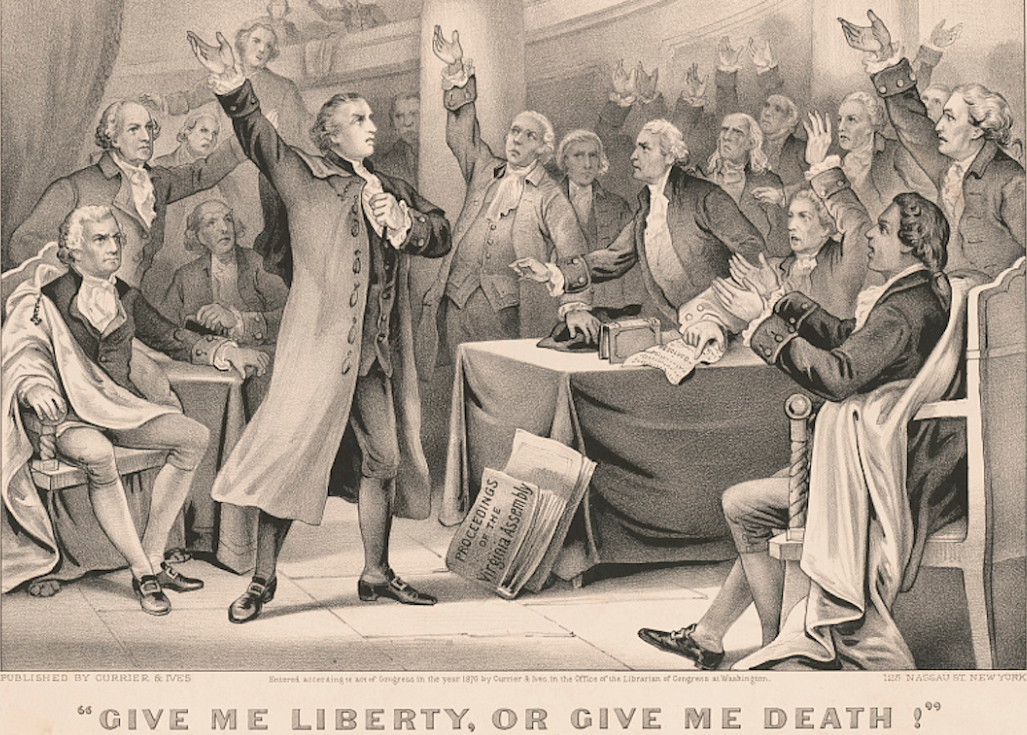

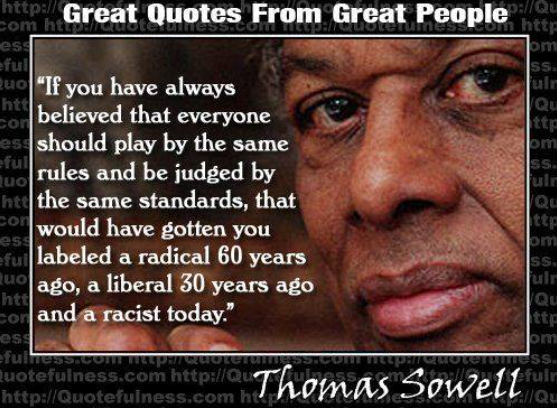
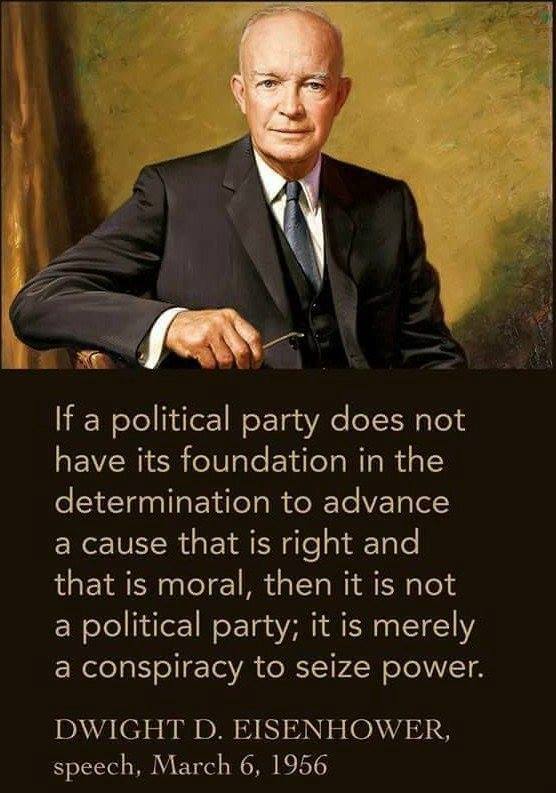
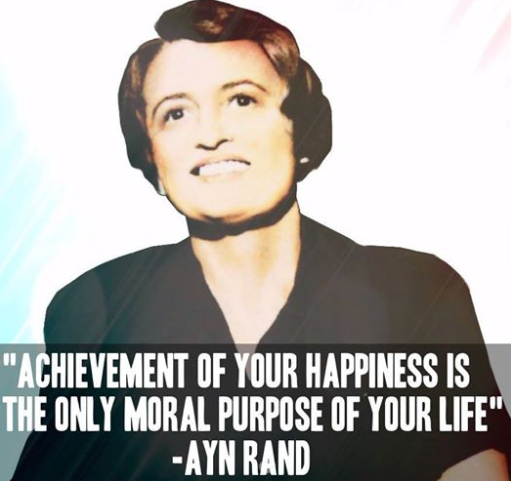



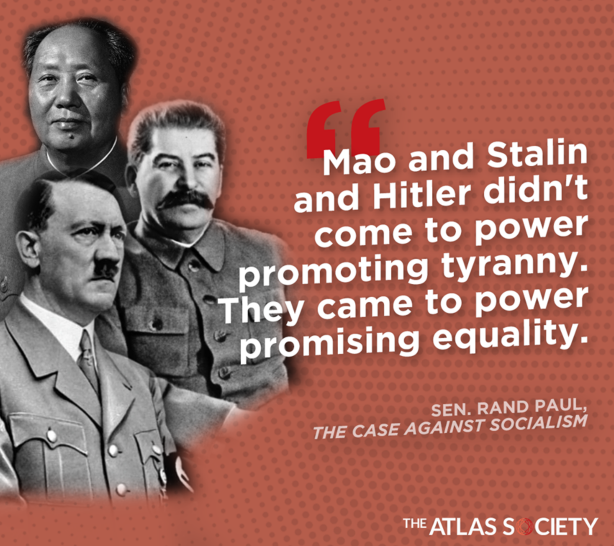
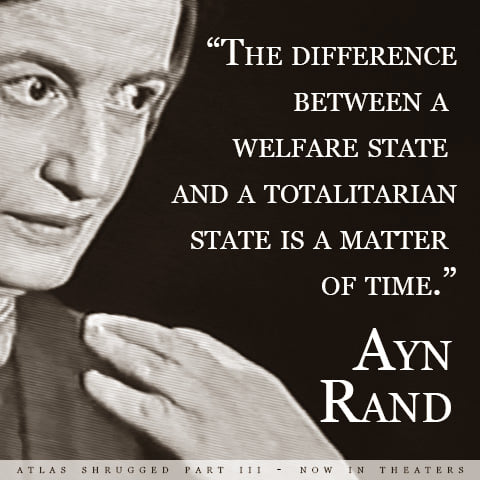

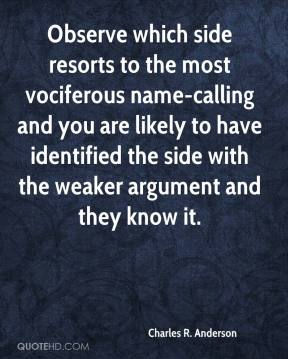
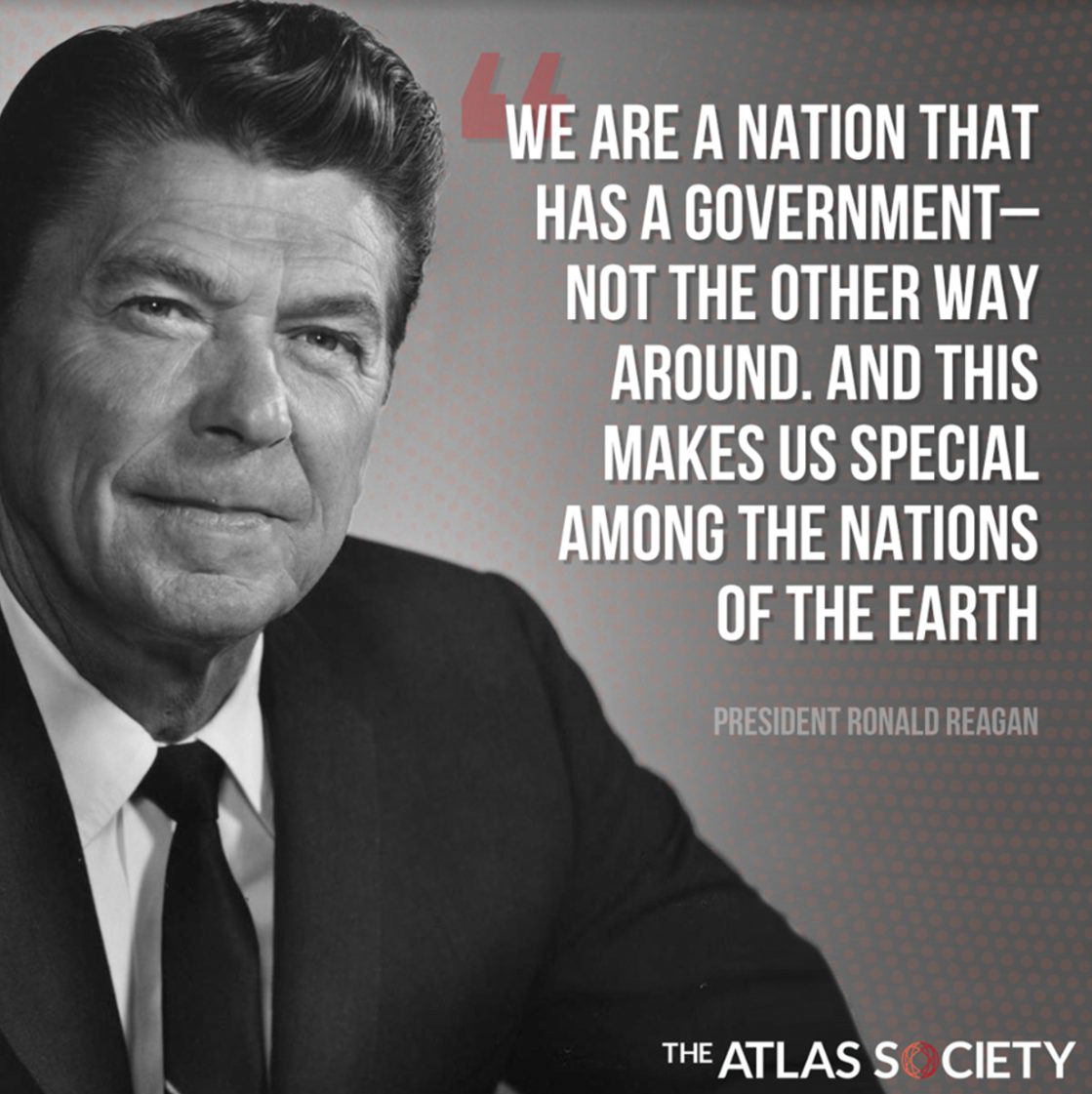






































No comments:
Post a Comment